Report: Fringe European states warming ties with Syria despite general EU policy
A new report says some European countries are warming their ties with Syria after President Bashar al-Assad won the May 2021 presidential election.
The Financial Times said Cyprus is moving into a new embassy in Damascus, and Serbia is set to send an ambassador to Syria.
The British newspaper said while such “small steps” are unlikely to be followed by EU’s juggernauts France and Germany any time soon, they “make clear the challenge the bloc will face as the situation in Syria normalizes over time”.
Laure Foucher, a senior analyst at Crisis Group who focuses on Europe and the Middle East and North Africa region said such moves by fringe states are “weakening the EU position”.
Syria has been gripped by foreign-backed terrorism since March 2011. The Syrian government says the Israeli regime and its Western and regional allies have been aiding the Takfiri terrorist groups that were wreaking havoc in the Arab country.
The Czech Republic was the only EU member country not to withdraw from Syria after the eruption of the conflict.
EU's policy stops ambassadors submitting credentials to the Damascus government.
However, some EU member countries currently want direct channels with Damascus as the Syrian government forces have already managed to undo the terrorist gains across the country and bring back almost all of Syrian soil under government control.
Athens last year sent a new chargé d’affaires to Damascus.
“Greece is interested in being present in a country where developments affect our national interests [such] as the migration crisis,” said Nikolaos Protonotarios.
Some 5.6 million Syrians have been forced to flee abroad as refugees, mostly to the neighboring countries of Turkey, Lebanon, Jordan, Egypt and Iraq, since the eruption of the foreign-backed militancy in Syria about 10 years ago.
“Greece wants to help . . . in the rebuilding of [Syria] so, at some point, the Syrians who are in Greece and Turkey [can] return home,” a diplomat said. Denmark also said in April that Damascus and surrounding towns were safe enough for the return of refugees.
Russia, which has been helping Syrian forces in the ongoing battles across the conflict-plagued Arab country, has stressed that intensified efforts are underway to restore normal life to the liberated areas in the Arab country.
According to the FT, the involvement of Europeans in the ranks of the Takfiri militants fighting against the Damascus government is another reason some want engagement with Syria.
Foreign intelligence services are interested in “information the Syrian intelligence agencies have on thousands of real and suspected [foreign] terrorists,” an internal UN security briefing wrote last year.
For these reasons, moves to re-engage are “a dynamic on the fringe of our Syria policy,” a European diplomat said.
The article said these fringe rumblings still “herald divisions”, with many states funding reconstruction projects in Syria, such as the rehabilitation of schools, despite the EU’s reluctance to fund the country's rebuilding.
“The EU’s political stance can totally last a long time, the question is what happens concretely,” said Foucher. “There is already a gap between the EU’s political stance and what’s going on on the ground regarding aid.”
Some Arab states have also been seeking reconciliation with Damascus since the government forces gained the upper hand against the foreign-backed terrorists.
In 2018, Bahrain and the United Arab Emirates reopened embassies, which had been closed soon after anti-government militancy began in Syria in 2011.
Oman reinstated its ambassador to Syria last October, becoming the first Persian Gulf Arab state to do so.
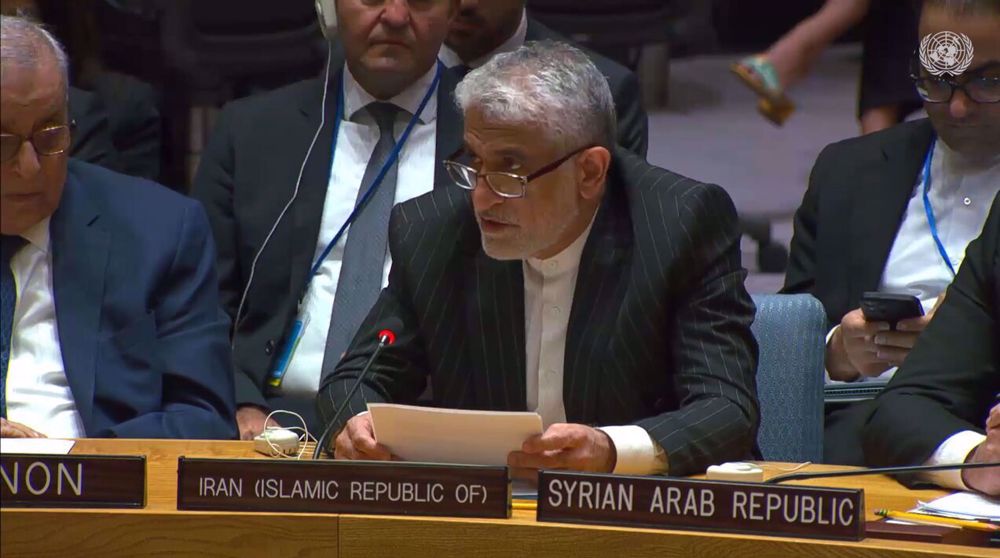
Iran backs sovereign, stable Syria free of terrorism, UN envoy says
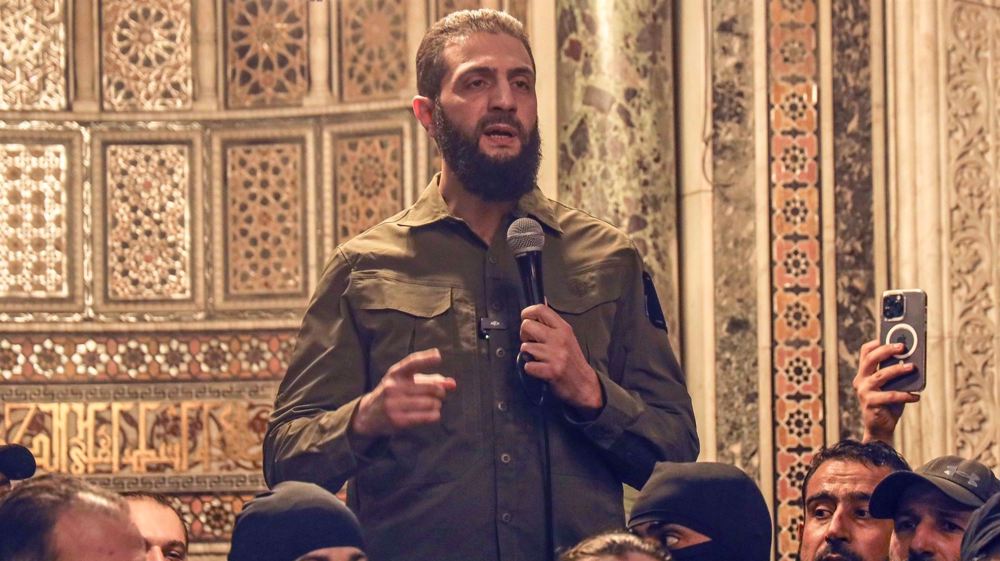
Syria’s HTS seeks normalization with Israel, Jolani writes to Trump
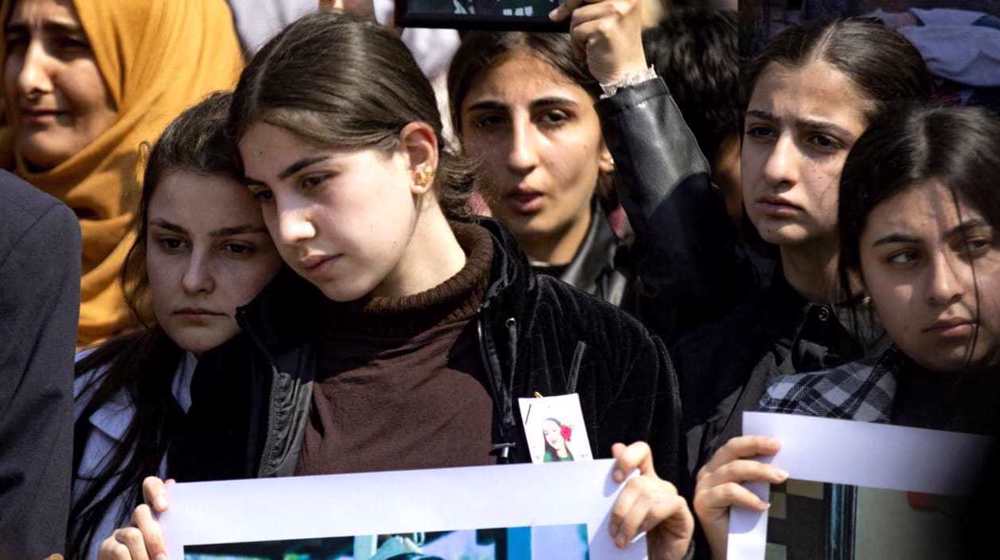
Syrian militants enslaving Alawite women in Idlib governorate: Report
Iran, Russia agree to transfer gas via Azerbaijan: Minister
VIDEO | US joins global protest day to demand Israel lift 8-week siege
HTS gunmen, allied militants kill over dozen Alawites in Syria’s Homs
VIDEO | Press TV's news headlines
VIDEO | Muscat’s 3rd round of indirect talks between Iran, US
Iran’s foreign minister says ‘satisfied’ with progress in talks with US
MSF: 70% of burn victims in Gaza are children, little chance of recovery
Trump, Zelensky hold 'productive' talks ahead of Pope's funeral in Rome


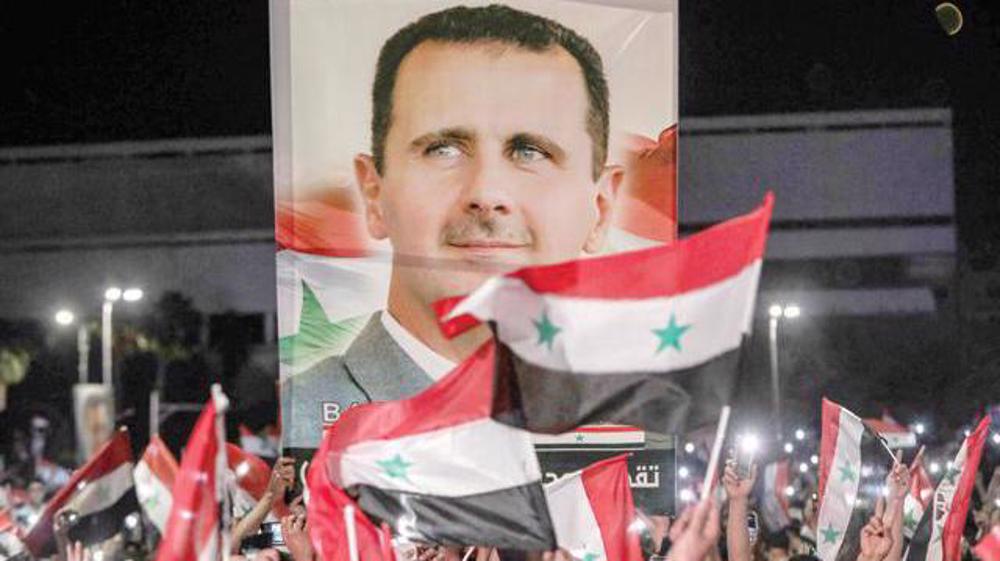





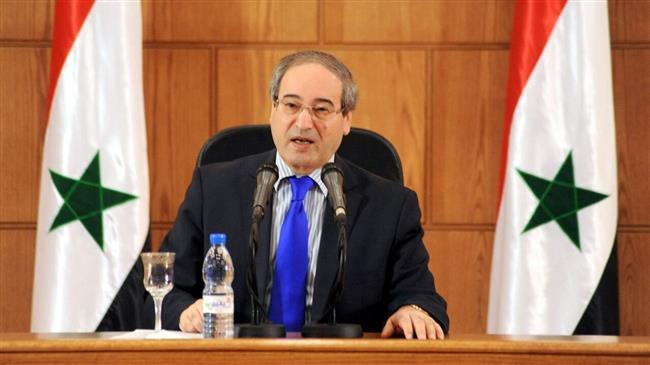

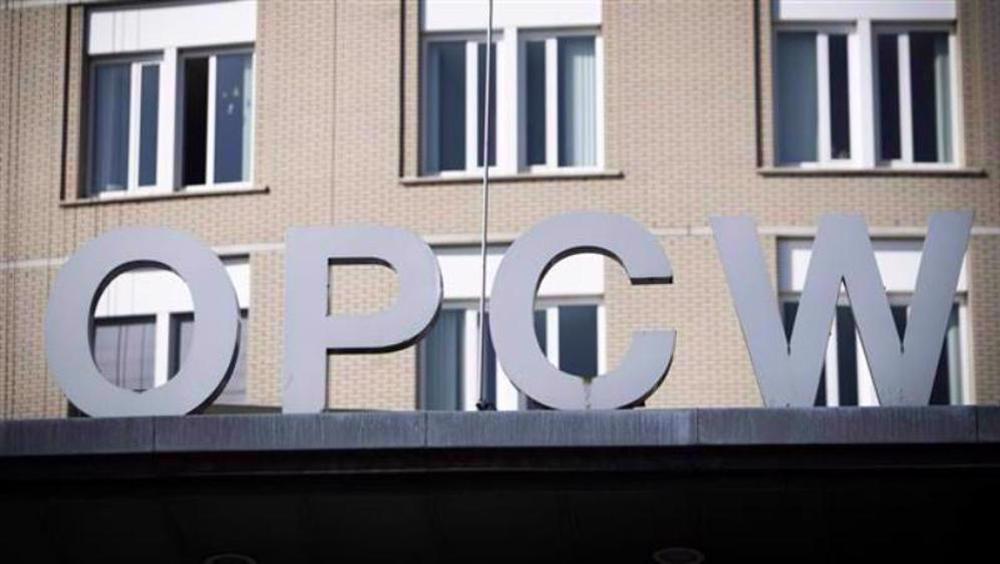

 This makes it easy to access the Press TV website
This makes it easy to access the Press TV website